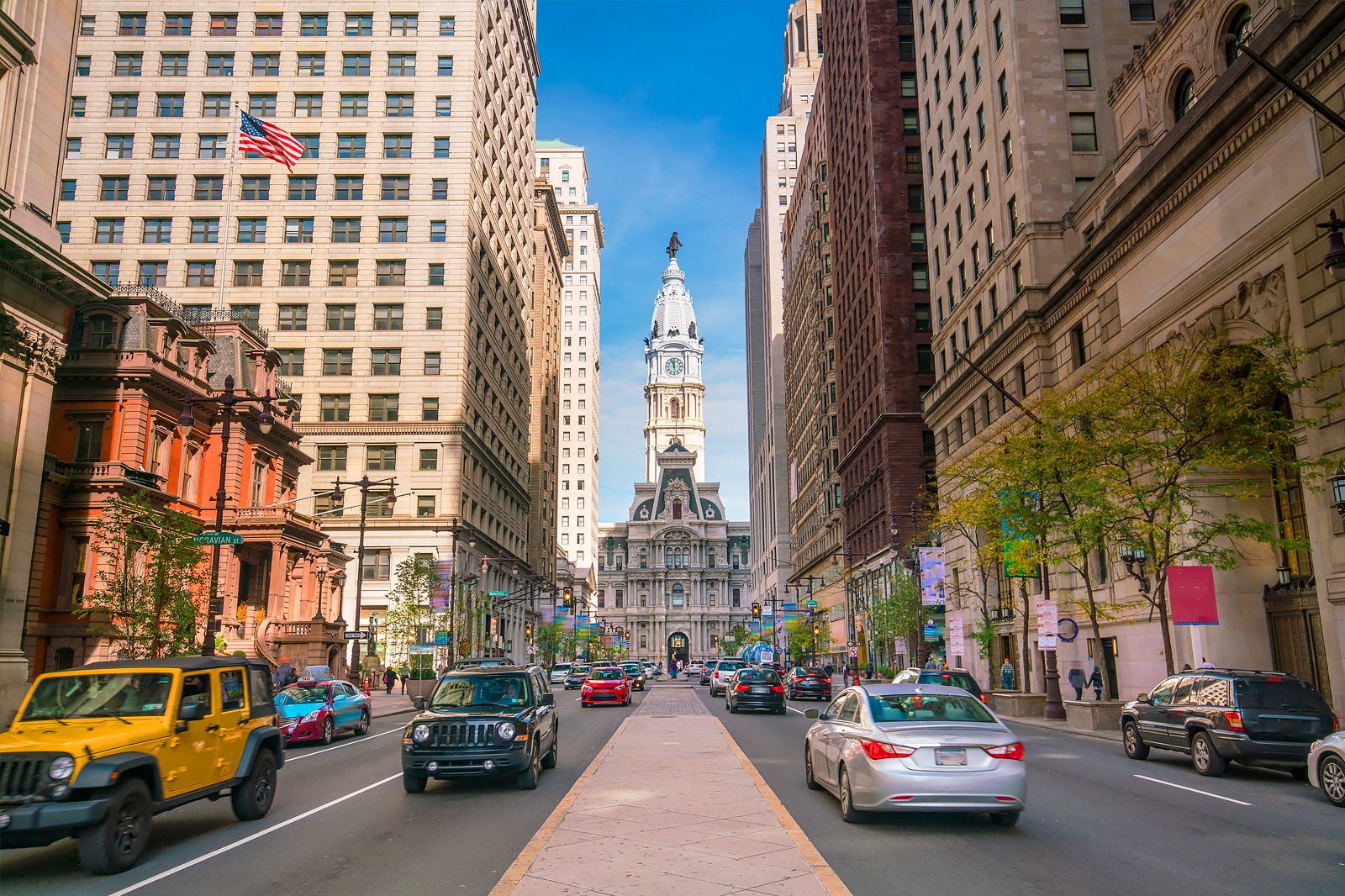The streets of Philadelphia are finally clearing up as the city’s largest municipal workers’ strike in decades comes to an end. It all started eight days ago when 9,000 members of AFSCME District Council 33, predominantly sanitation workers, decided to walk off the job. As trash piles grew on Philly’s streets, residents couldn’t ignore the impact of the strike.
“The average salary of a sanitation worker in Philadelphia is $46,000 a year. The union argues this is not a living wage for workers who have to reside within the city limits,”
explained DC 33 President Greg Boulware passionately last week. He emphasized that the strike was about securing fair compensation for hardworking individuals who contribute daily to the city’s functioning.
The union doesn’t just represent sanitation workers but also includes 911 dispatchers, water service workers, crossing guards, and various other essential city employees. Solidarity poured in from both inside and outside Philadelphia during this critical time.
Two Philadelphia residents voiced their support for the striking workers:
“Pay these people what they’re worth… They’re not worth these pennies y’all are paying them,”
said one resident.
Another highlighted Philly’s proud blue-collar work ethic:
“This city is very proud to be blue-collar… if this is how we got to support us, this is what we’ve got to do.”
Even celebrities like LL Cool J and Jazmine Sullivan stood by the strikers by refusing to perform at events during the strike. LL Cool J addressed his followers on Instagram saying,
“There’s absolutely no way that I could perform…when I know that people are out there fighting for a living wage.”
In a powerful display of solidarity, activists from the Sunrise Movement staged a peaceful sit-in protest at City Hall alongside striking workers. The movement protester declared firmly:
“Our workers deserve dignity! Meet DC 33’s demands!”
Negotiations between the union and Philadelphia officials concluded early one morning after intense discussions lasting hours. To unravel the significance of this historic strike and its resolution requires expert insights like those provided by labor historian Francis Ryan from Rutgers University.
Professor Ryan emphasized how social media played a pivotal role in shaping public opinion throughout this strike. He noted that such movements tap into broader narratives like essential worker rights which resonate with younger generations particularly attuned to social justice issues.
Ryan delved into historical context by highlighting how AFSCME District Council 33 has been pivotal in advancing racial integration within unions while advocating for better wages and working conditions over its long history since being established in 1938.
He underlined how crucial it is for union members themselves to ratify any agreements reached during negotiations post-strike—an aspect central to ensuring fairness and solidarity among all stakeholders involved.
As Professor Ryan outlined potential future scenarios following this landmark strike resolution—such as awaiting union member voting outcomes—it became clear that despite its conclusion, echoes of this event would reverberate through labor movements in Philadelphia for years to come.
The story of Philadelphia’s municipal workers’ strike transcends mere labor disputes; it embodies a quest for fair wages intertwined with broader social justice narratives—a struggle echoing far beyond Philly’s borders.









Leave feedback about this